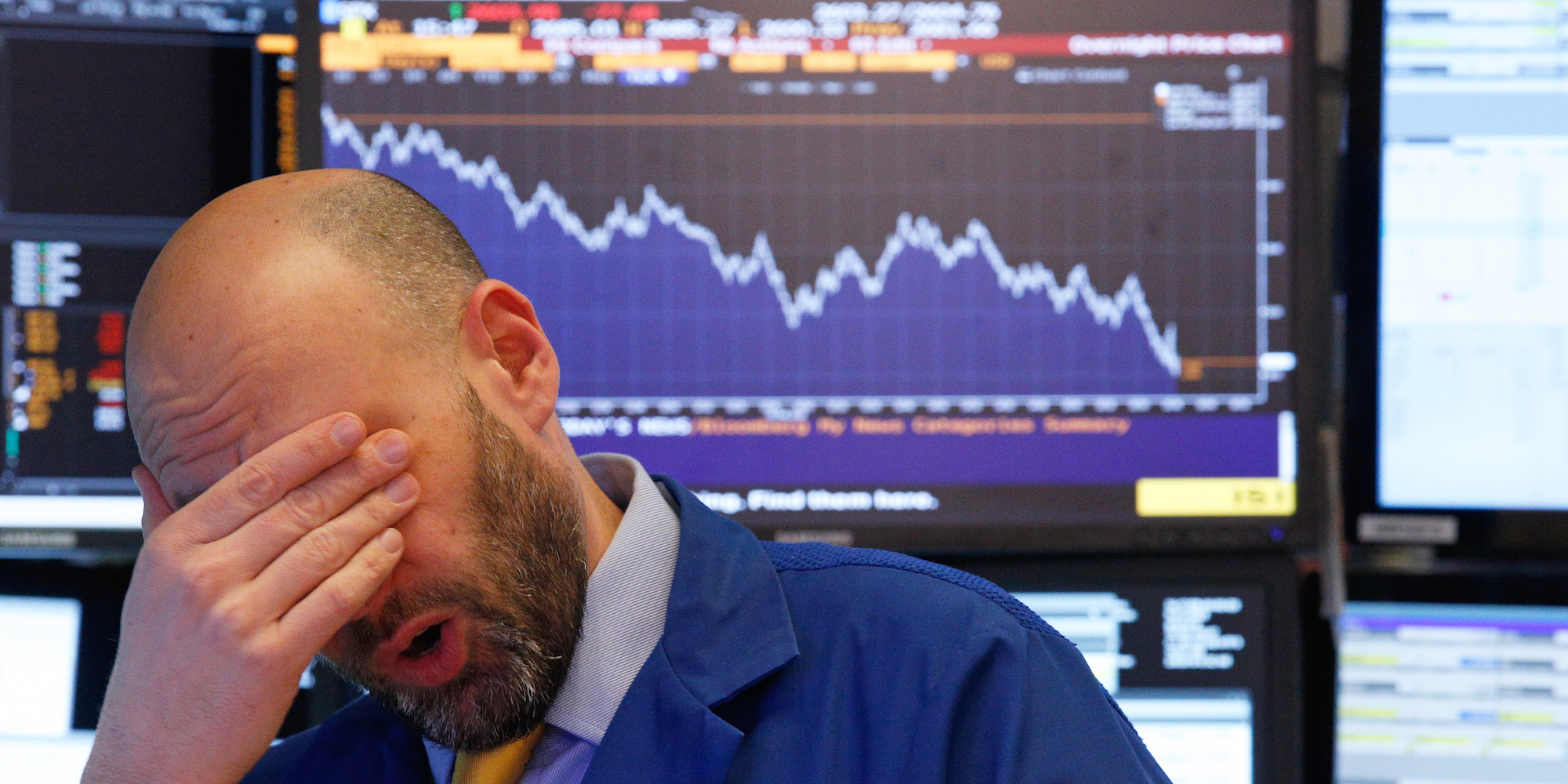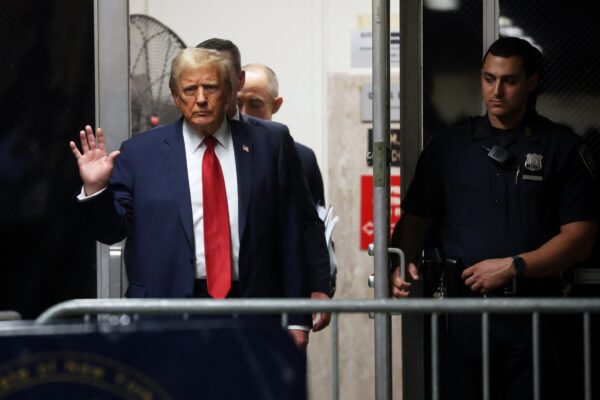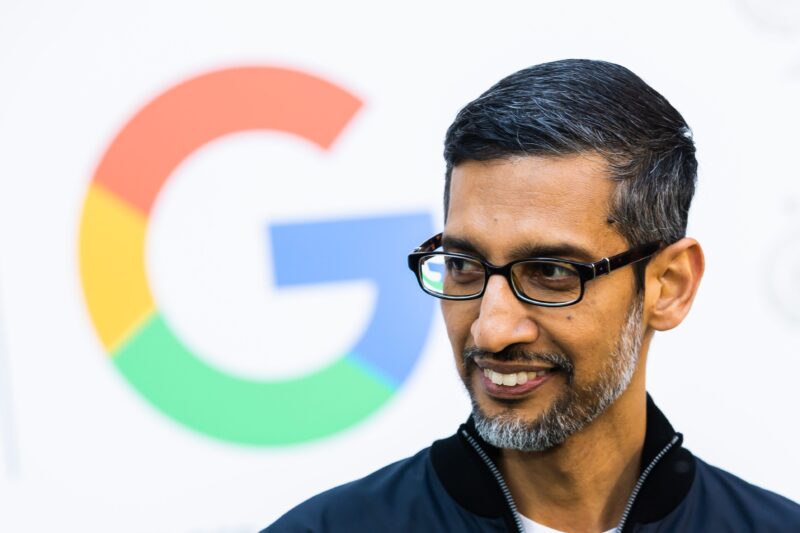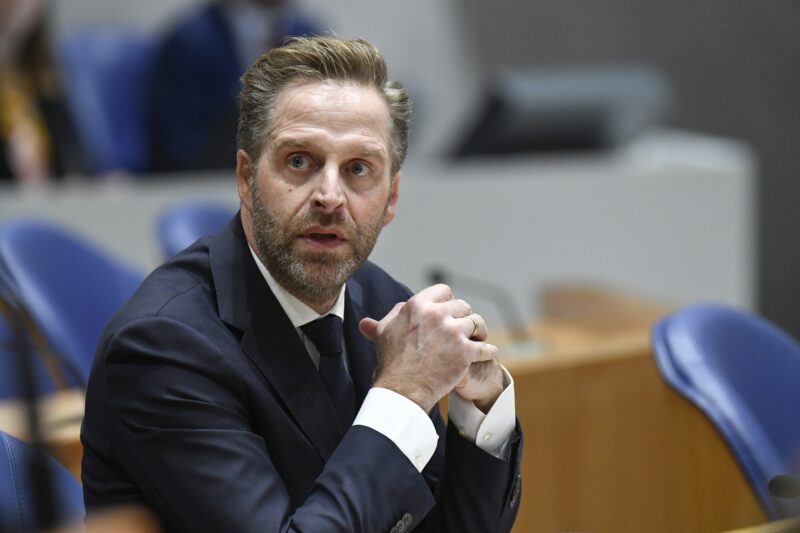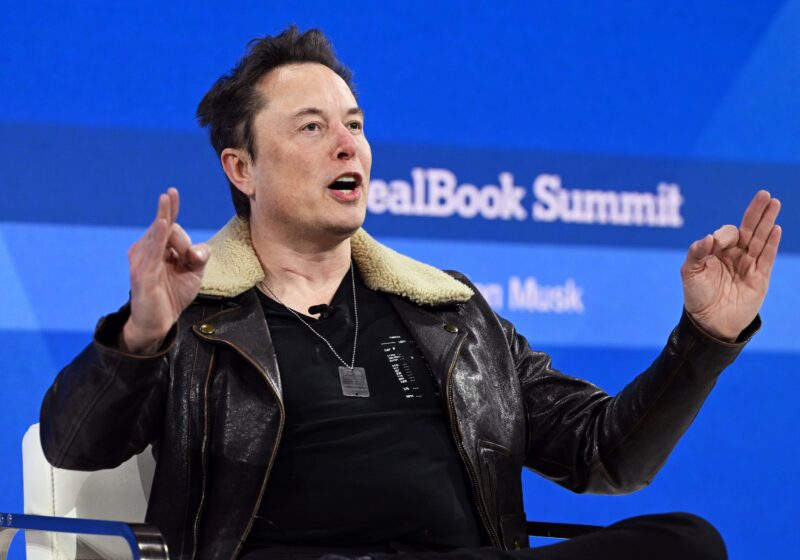Good morning! Here’s what you need to know in markets on Thursday.
1. The Dow Jones industrial average fell 831.83 points, the third-largest one-day point drop in history, amid fears surrounding global growth, rising interest rates, and trade disputes. The S&P 500 index dropped 3.29 percent, its worst one-day decline since February, while the Nasdaq Composite lost 4.08 percent. Asian markets followed. The Shanghai Composite Index has tumbled 4.34% to a four-year low. Here are the biggest one-day point drops in the Dow’s history.
2. The stock market declines raised the stakes for U.S. inflation figures due later on Thursday as a high outcome would only stoke speculation of more aggressive rate hikes from the Federal Reserve. The blood letting was bad enough to attract the attention of U.S. President Donald Trump, who blamed the Fed, which he said has gone “crazy” raising interest rates.
3. New reports published on Wednesday indicate that the Saudi crown prince Mohammed bin Salman may have been involved in a plot to lure journalist and prominent Saudi critic Jamal Khashoggi from Virginia back to Saudi Arabia. Khashoggi, a former adviser to senior officials in the Saudi government who had been living in the US, entered the Saudi Consulate in Istanbul on October 2 to secure official documents. The 59-year-old has not been seen since, leading to speculation that he could have been kidnapped or killed inside the consulate.
4. Corporations around the world should work together to reduce carbon emissions and stem climate change rather than wait for government mandates, the chief executive of U.S. oil producer Occidental Petroleum Corp said on Wednesday. "We as corporations, we have to do our part. There are enough companies committed to making it happen," Vicki Hollub said in an interview on the sidelines of the Tudor, Pickering, Holt & Co Energy Disruption Conference in Houston.
5. Jack Dorsey-led Square said on Wednesday its financial head Sarah Friar will step down to become the chief executive officer of social networking service provider Nextdoor. The payment processor's shares fell 8.3 percent to $71 in extended trading, after closing down 10 percent in regular hours. Friar, who steered Square through its blockbuster IPO in November 2015, will stay on until December.
6. A lawmaker from the small Northern Irish party that British Prime Minister Theresa May's government relies on for support has said his party will not be bullied in Brexit talks, and that an unacceptable deal will be defeated in parliament. Writing in the Telegraph, Democratic Unionist Party (DUP) lawmaker Sammy Wilson said May's British government should not blink in negotiations and would face the consequences if it submitted to "draconian" proposals from the European Union.
7. Germany's BMW said it will take majority control of its main China joint venture for $4.2 billion, the first such move by a global carmaker as Beijing starts to relax ownership rules for the world's biggest auto market. The luxury carmaker will pay 3.6 billion euros to raise its stake in its venture with Brilliance China Automotive Holdings to 75% from 50%, it said in a statement. The deal will close in 2022 when rules capping foreign ownership are lifted.
8. Micron Technology said on Wednesday it planned to invest up to $100 million in startup companies working on artificial intelligence technologies for use in self-driving vehicles, factory automation and other growing fields. The Idaho-based memory chip maker launched a corporate venture capital program more than a decade ago, but its investments until now had been "very sporadic" and "very close to our core business" of making chips, Sumit Sadana, Micron's chief business officer, told Reuters.
9. Russia has become so good at information warfare that American and allied military leaders are (rightfully) starting to freak out about it. "The Russians are really good at this. Better than us," UK Army Maj. Gen. Felix Gedney said at the AUSA Conference, according to Defense One.
10. Data privacy rules in Asia are limiting the spread of financial technology, an industry body said on Thursday, calling on regulators to set out broad principles rather than precise rules. Companies around the world want to make better use of the large pools of data they have to both cut costs and offer additional services. But governments and regulators in Asia and elsewhere are tightening rules on how that data is used.
